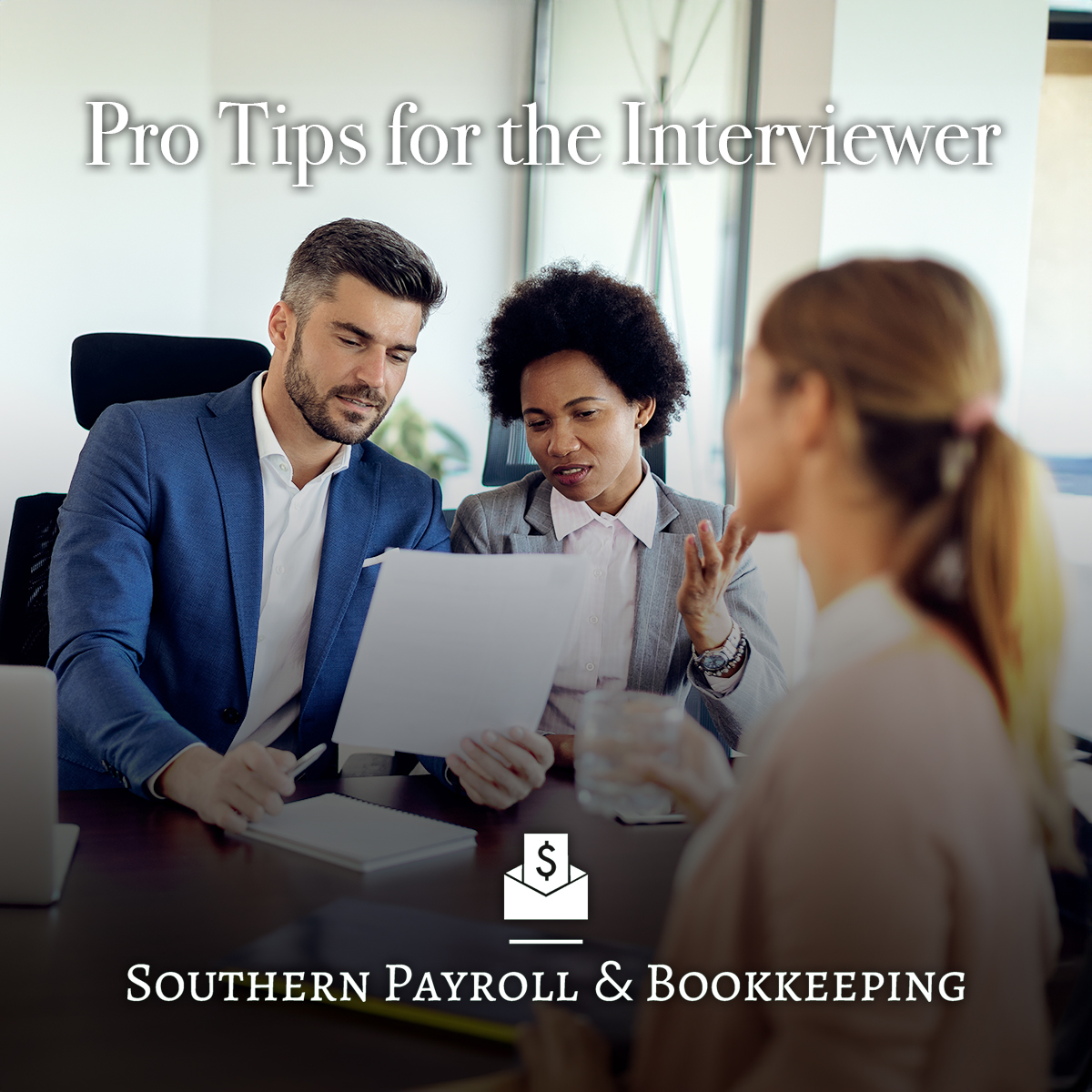Whether you are currently in the middle of a growth period with your company or you own a start-up and are the only employee at the moment, at some point you need to think about the best way to conduct hiring new employees. If you have years of experience as a hiring manager, you may be able to just “wing it,” but we would highly discourage anyone from doing that. We’ve put together a few “pro tips”…in the form of questions to ask yourself…to help you navigate the sea of job seekers you may encounter when it comes time.
What are the job requirements?
Simple and basic information, right? You may have already put it all in a job listing on Indeed or Monster, but it makes sense to go through the whole thing again with an eye to detail. If you need to, consult the person who would be supervising the new hire…what do they expect from the job. Getting as much information up front for the candidate is a way to avoid surprises later on…surprises that may cause someone to quit their new job and you to have to start looking again.
Do you have a consistent, structured interview format?
Write a script for the interview, while leaving room for improvisation. You want to make sure you hit the same points with all candidates, specifically to avoid the appearance of bias or favoritism in the hiring process. Having the process well-structured can also make for interviews of a length you can expect and plan for, so you don’t end up disrupting your entire daily schedule.
What are you going to ask the candidate?
There will be some basic, general questions you are going to ask…there may be specific questions you want answers to from specific candidates. The only way to determine all those questions is to study resumes and applications well in advance of the interviews. That way you can focus questions on their previous experiences, short-term job roles, or other areas that may be of concern for you.
What open-ended questions can you ask?
This is an area where you may want to see how the interview is going, then have a “menu” of open-ended questions you can draw from. Rather than just “yes” or “no” answers, this type of question will force them to showcase the way they think and some level of creativity. That, in turn, can help you to evaluate their critical thinking and problem-solving skills.
How will they fit in with the company culture?
If your company has even a few employees, you’ve begun the process of developing a “company culture.” Does this candidate fit in with that culture already established? Will they help to challenge it and grow it into something better? Or will there be a constant butting of heads?
How enthusiastic are they about the job?
There’s a big difference between a candidate that is excited about the prospect of working for your companyand doing this specific job, versus someone that’s just looking to mark hours and collect a paycheck. Which are you talking to?
Does the candidate have questions?
Like it or not, as you are interviewing the candidate, they are interviewing you right back. If they are really interested in the job the candidate should have done research on the company, the job in question, the culture, and maybe even the people in charge. The questions they ask will reveal their level of seriousness and interest.
What are the next steps?
Great interview? Terrible interview? It really doesn’t matter…you need to be clear to the candidate what the next steps are. Should they expect a phone call or email from you within the week? If they make it past this first interview, what does the rest of the process look like? Communicate these things clearly, especially if your hiring process can be long and drawn out…otherwise, a candidate you really like for a job might be tempted to take a position elsewhere while your process is still moving along.
We hope this has given you some things to think about when it comes time to hire new employees. If you want to read more about the process, we can recommend checking out the links below.

